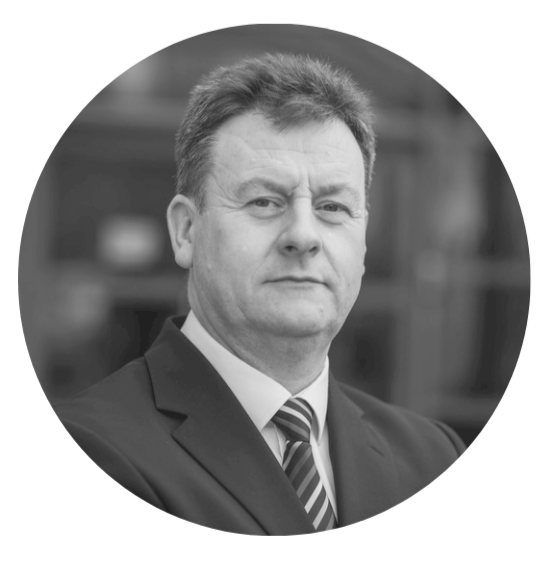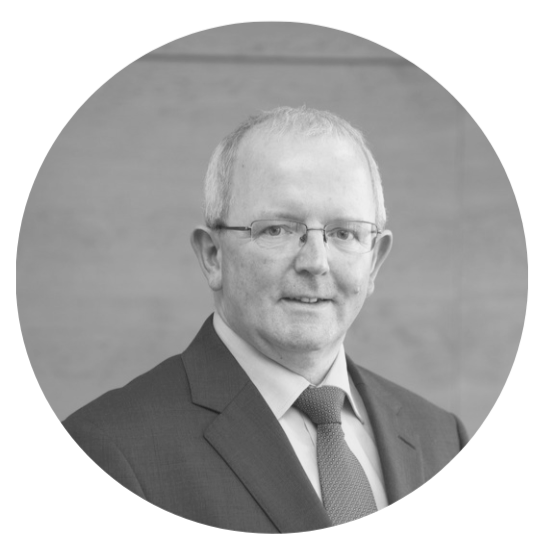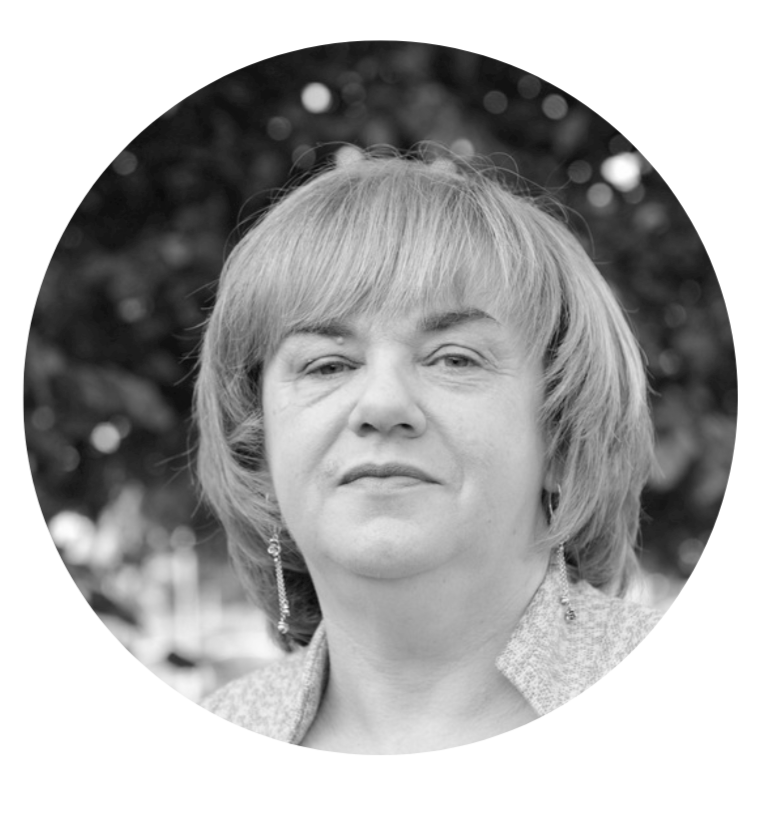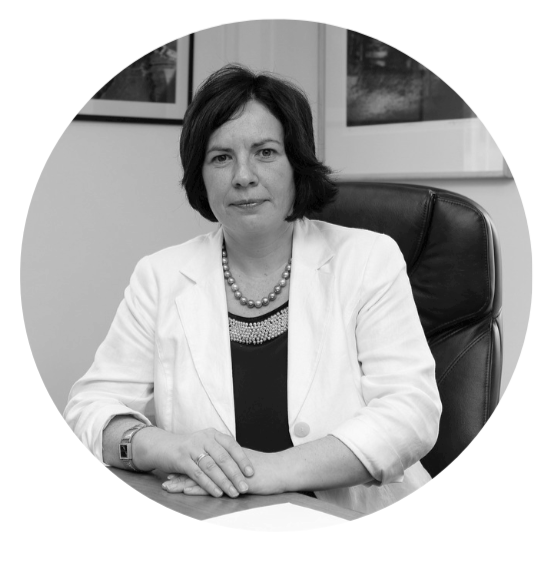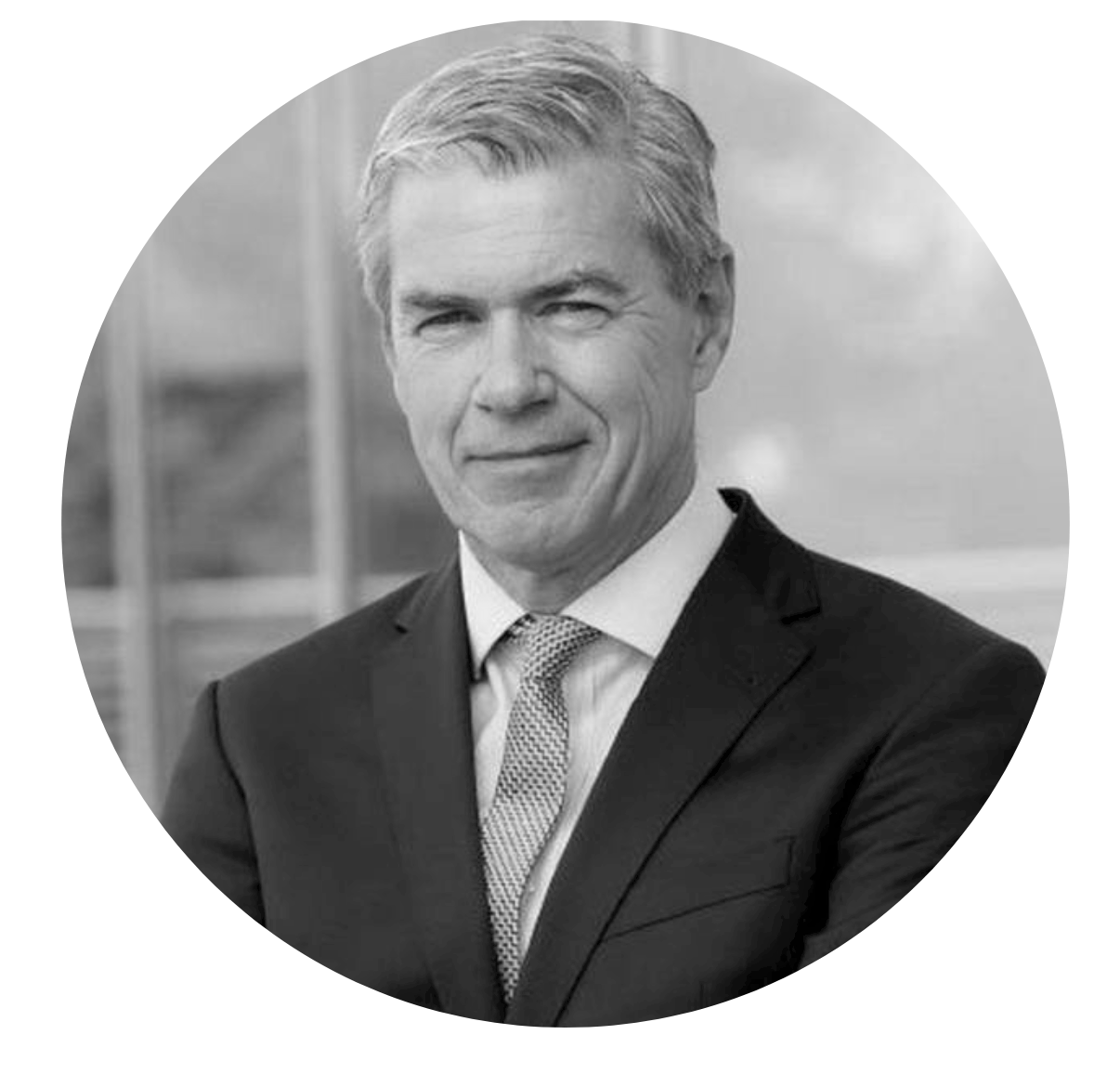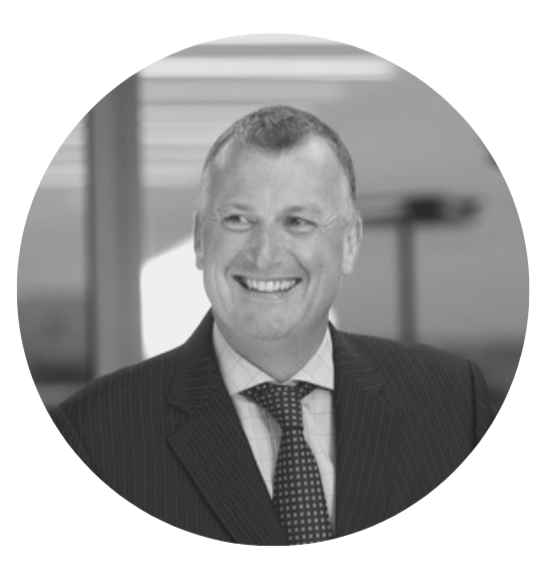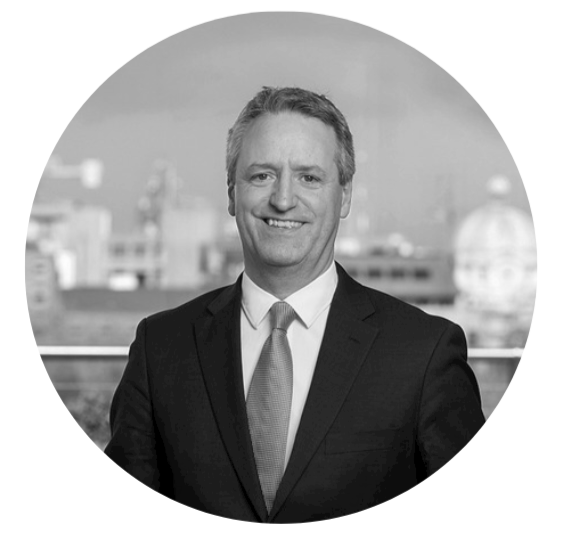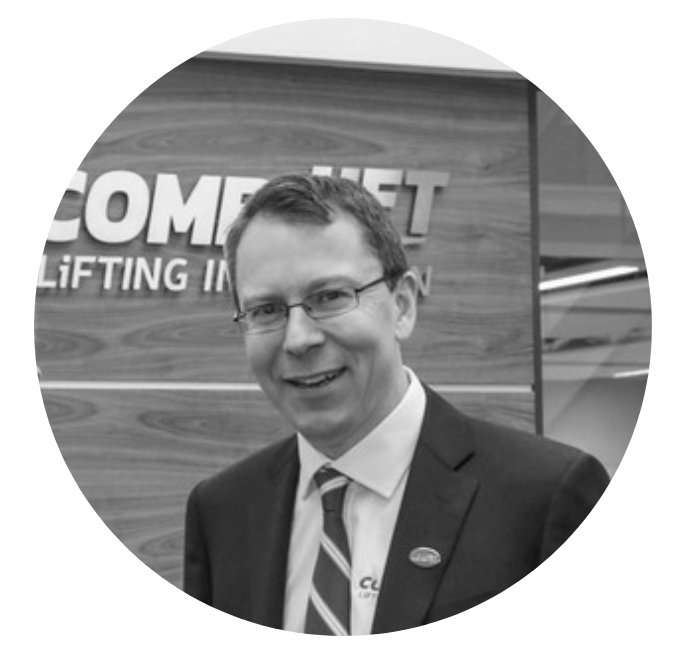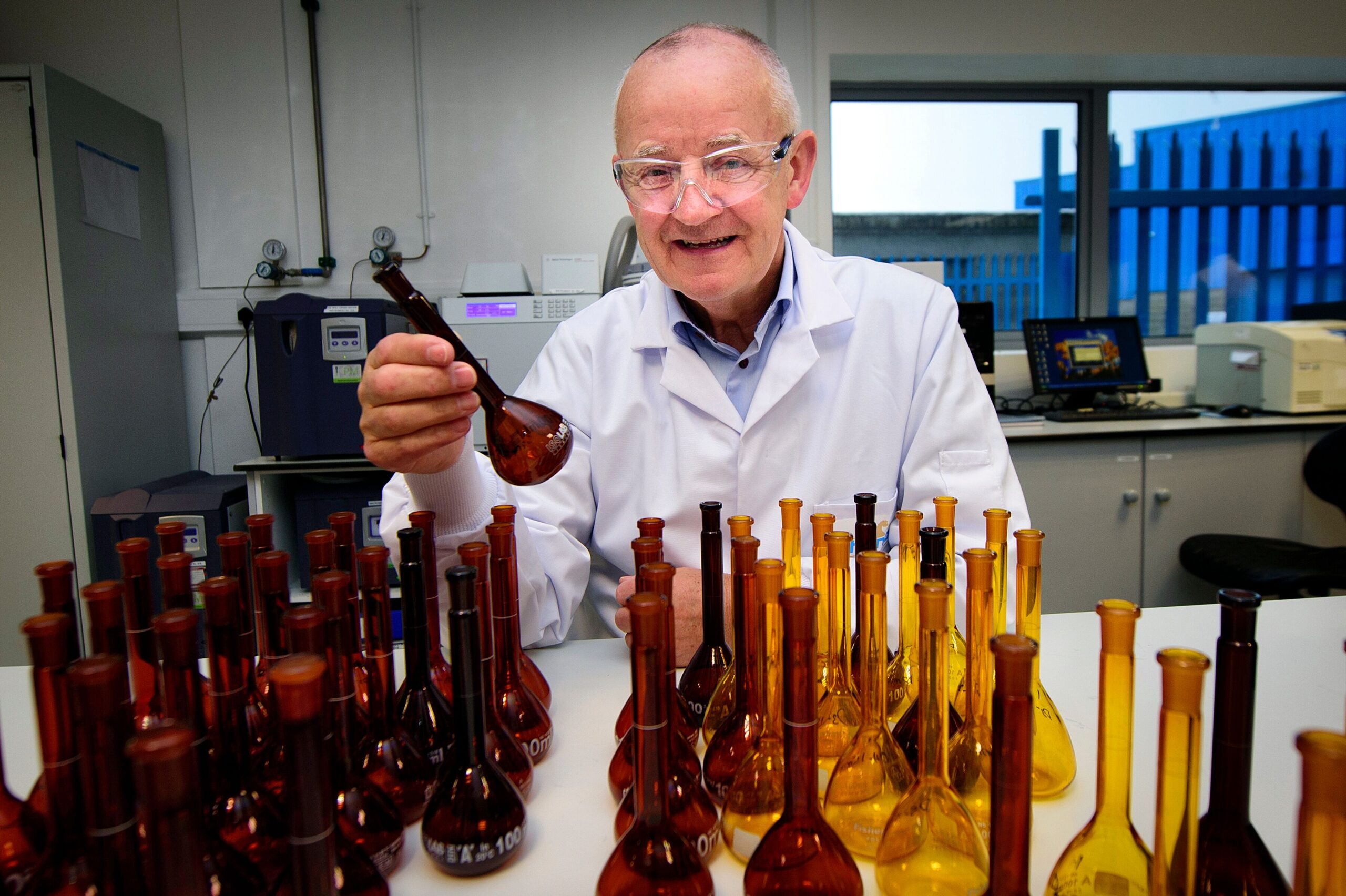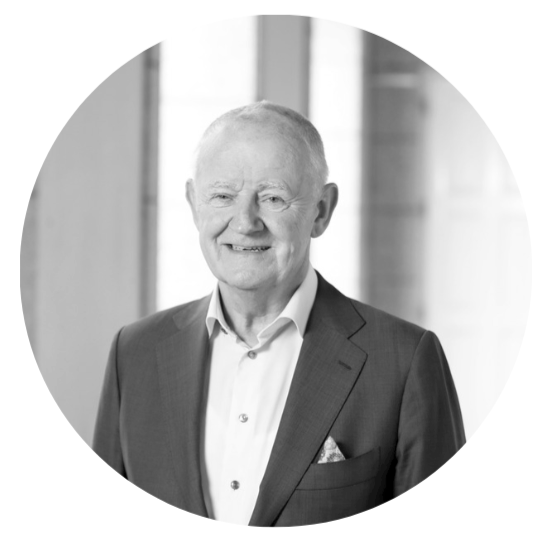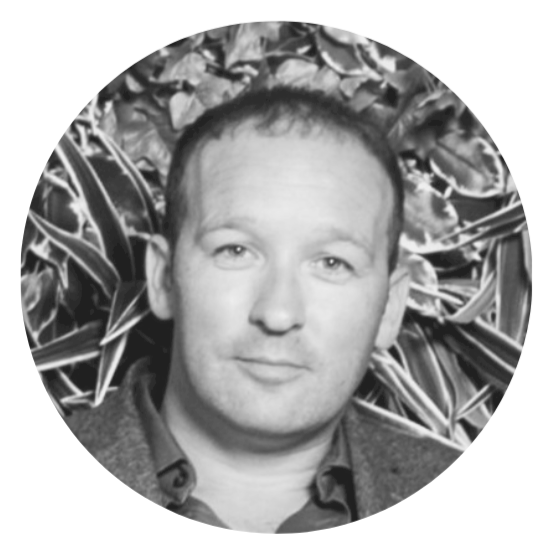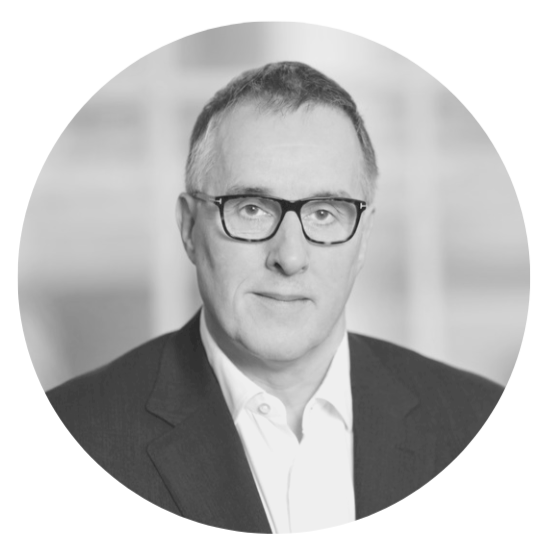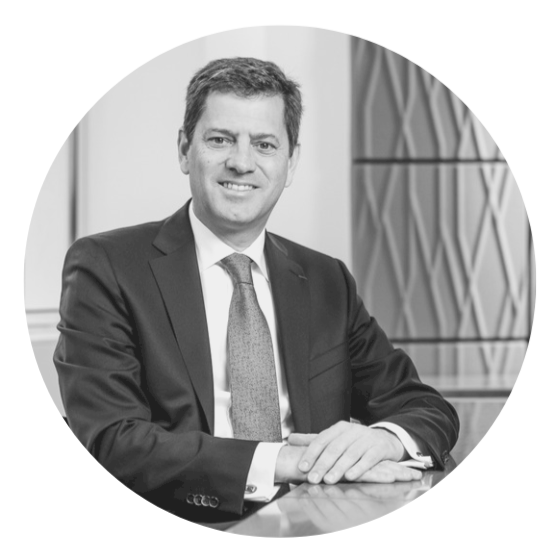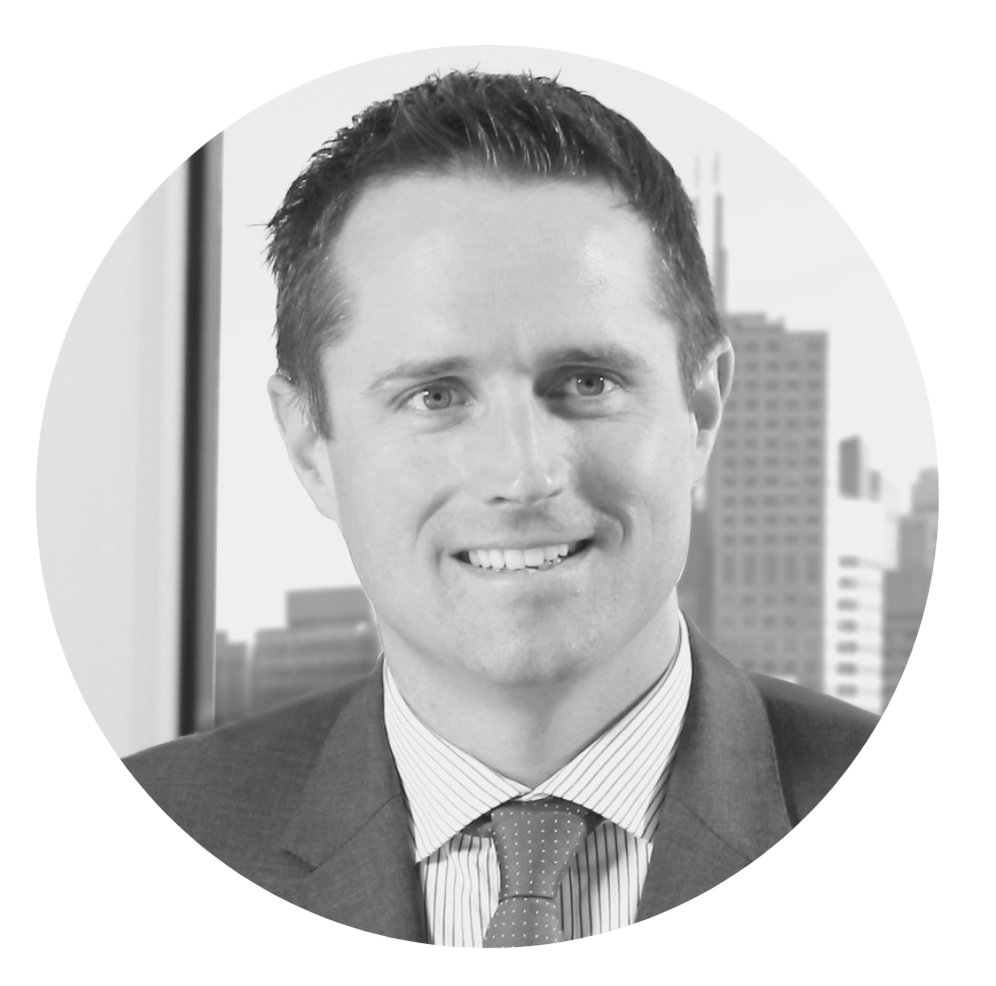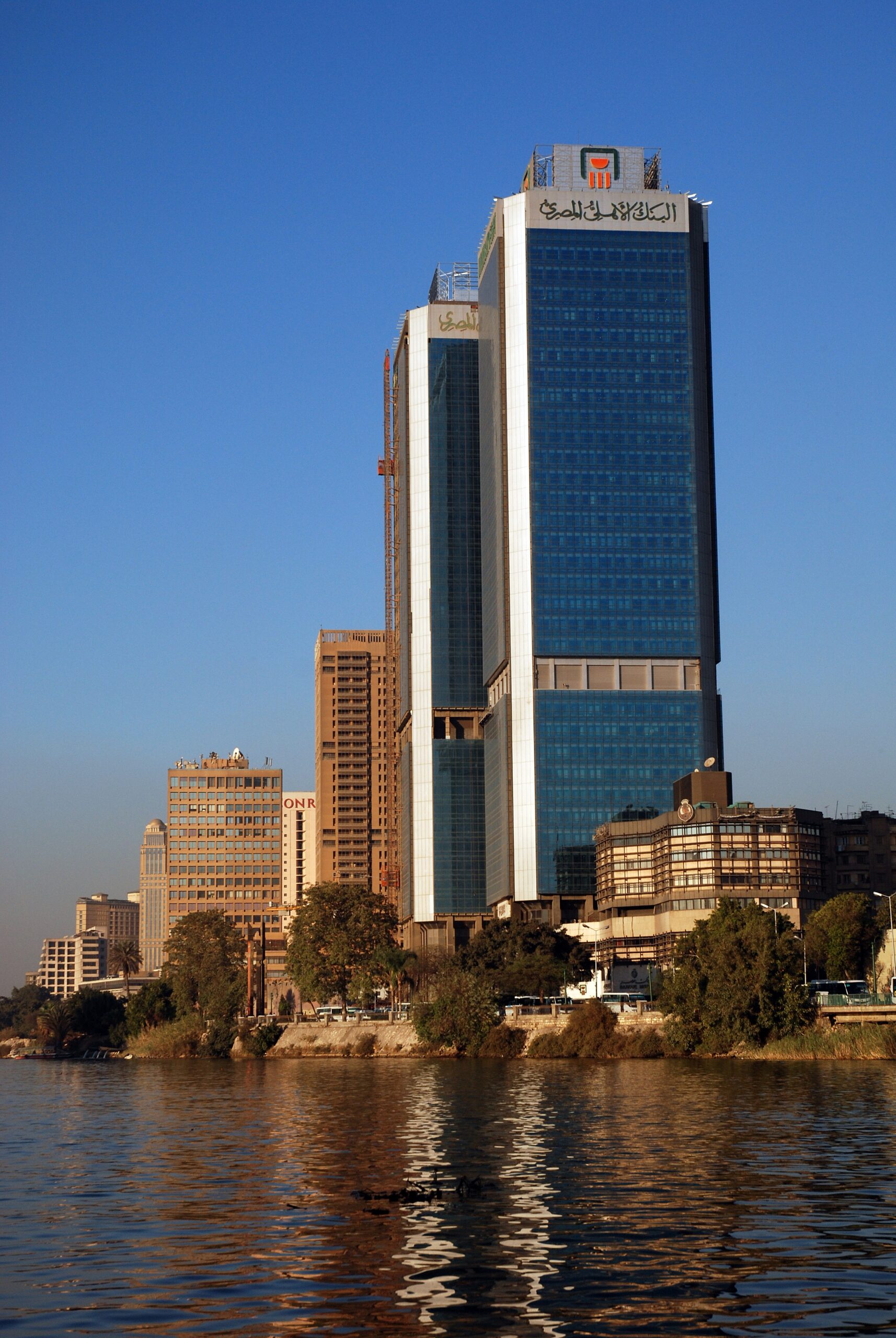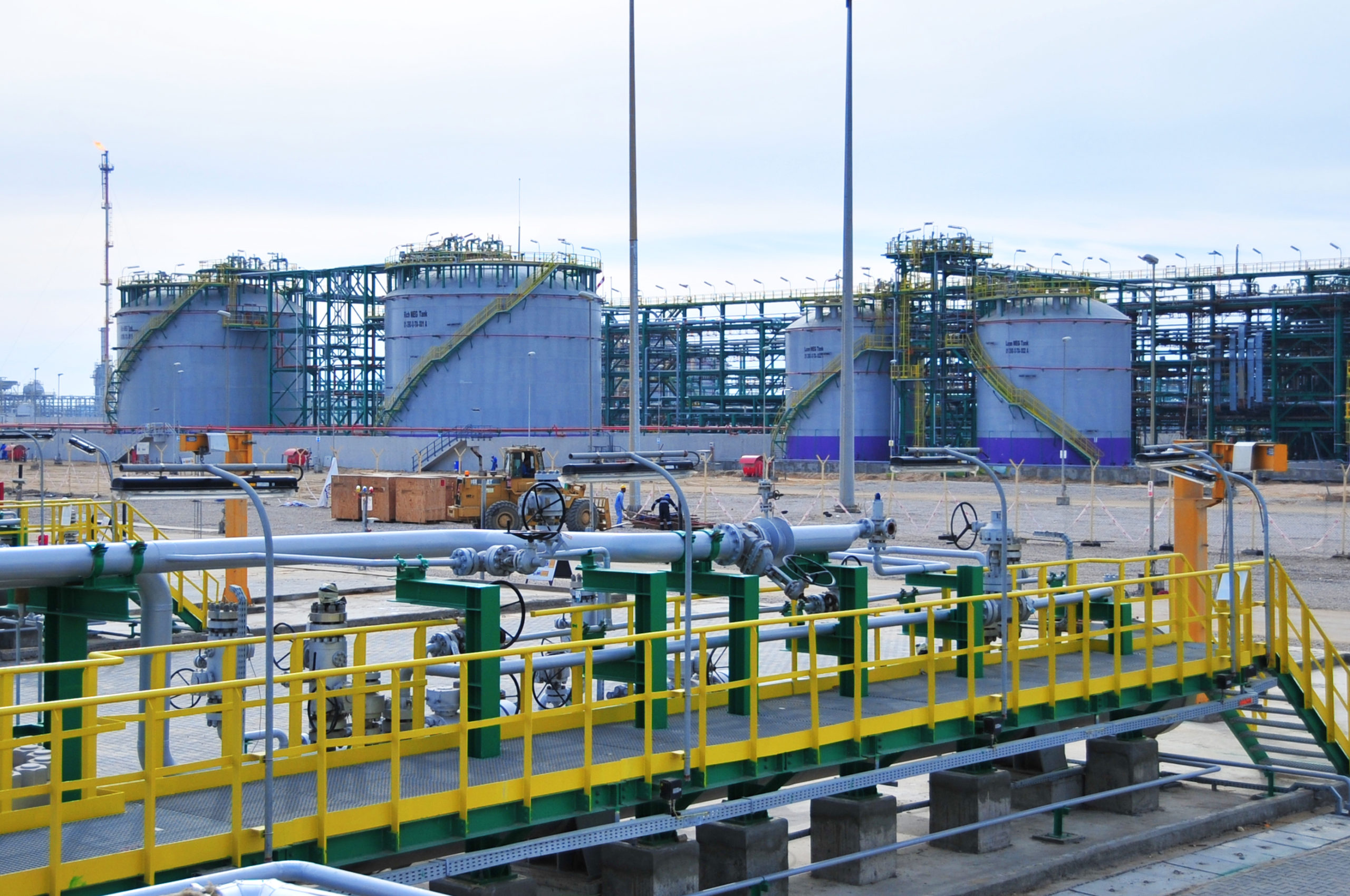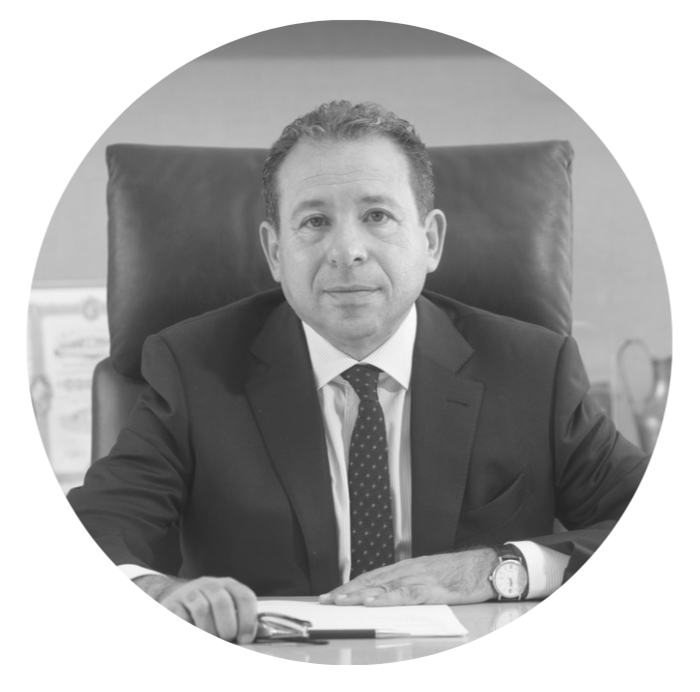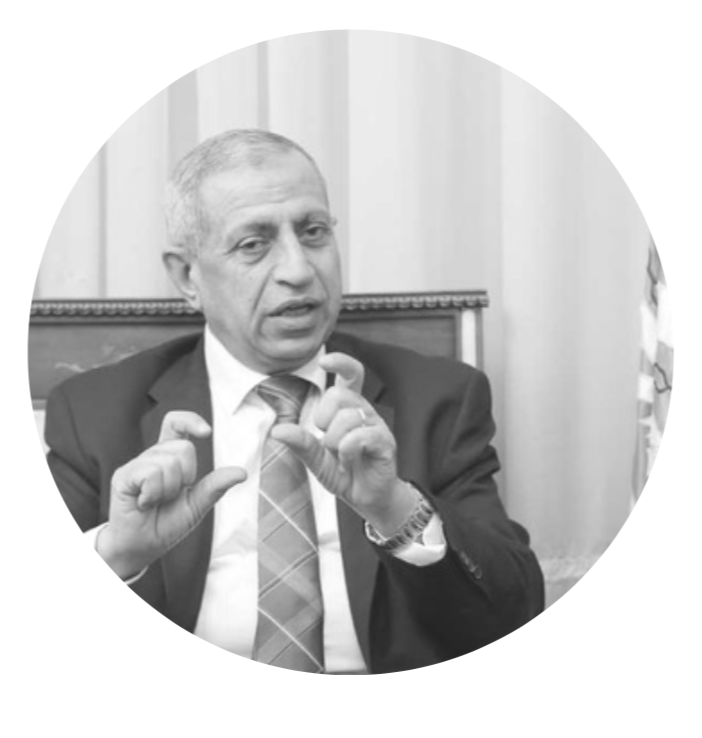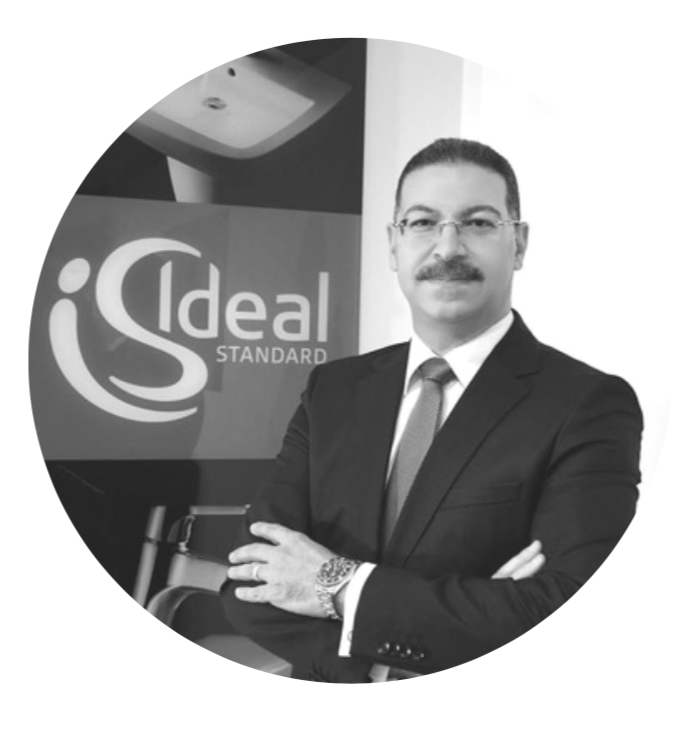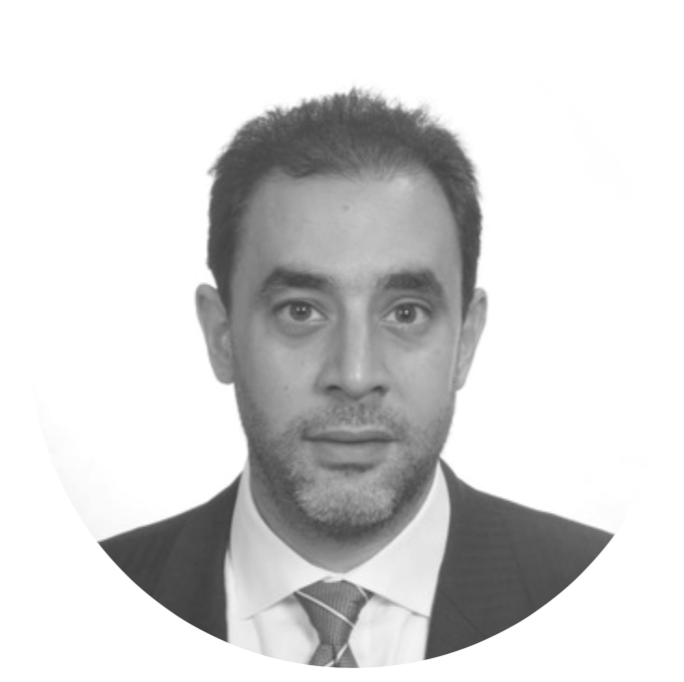Latvia is a net energy importer. Reforms continue in the electricity and gas sectors with the goal of opening competition in the domestic market. The government has made the full liberalization of the gas market a priority in 2017. Significant investments in gas and electricity infrastructure have been recorded to continue synchronization with the electricity grids within the European network.
Challenges remain to comply with the EU directives on the use of fossil fuels for generating energy. Finding cheaper alternative energy sources has been complicated and lack investment to make new schemes cost-effective for consumers. However, on a national scale, the Ministry of Economy has sought to make energy prices more competitive in the domestic market.
Electricity market: Electricity tariffs are being reduced for industrial customers with the goal of making electricity costs more competitive for large manufacturing plants. One of the most significant steps to reform the energy sector was taken in 2013 when Latvia joined Nord Pool Spot electricity market facilitating the opening the electricity market to full competition. The NordBalt submarine power cable between Lithuania and Sweden has contributed to a reduction of around 30% in the price of wholesale electricity in Latvia. It has also supported the renewable energy sector and limited the impact of related energy costs. For energy-intensive industries such as metallurgical plants, with connection load factor above 25%, the tariff in Latvia is already more favorable than in Lithuania.
In 2016 and 2017, new electricity distribution tariffs were introduced that also benefit individual consumers. Energy-intensive consumers saw higher fixed connection fees and lower tariffs per kW.
Customers who use less energy can use variable fees, a measure that will aid to distribute energy costs in the energy sector evenly. The tariff introduced consumers fees for utilized ordinary use. Thus, the overall efficiency and running costs of the electricity distribution system are being reduced.
Natural gas: Latvia amended its Energy Law providing for the commercial opening of the gas market in 2017 and the unbundling of the natural gas utility company “Latvian Gas” with an aim to reduce the inherent link of the sector to Russian energy sources.
The government is actively seeking to increase competitiveness in natural gas prices for consumers and to strengthen the security of supplies as the country is trying to participate in a highly liquid, competitive and integrated regional market.
The nation is supporting the development of the regional natural gas infrastructure, such as Lithuanian –Polish gas interconnector (GIPL) and the Finnish – Estonian gas interconnector. Investment in the natural gas market has seen integration between Finland, Poland, and the Baltic States which improved the regional gas infrastructure and made it more efficient.
Current price differences between the Baltic States and Western Europe exceed 20%. The result of increased integration with the neighboring countries in the natural gas market means that the liberalized market can take advantage of favorable conditions and increase gas imports from countries such as Germany to Latvia.
Renewables: Latvia’s high utilization of renewable energy sources has been boosted by three large hydropower plants on the Daugava river which contribute 50% of all power generated by Latvenergo, the state electricity company.
Latvia has enjoyed a healthy growth in the renewables energy market as biomass is used extensively in Latvia for heating and power generation purposes.
Well above the already agreed EU renewable energy target of at least 27% by 2030, Latvia’s renewable energy share has reached 40% of the total energy generated in the country. Renewables in Latvia offer considerable untapped opportunities. Latvia has great suitable offshore and onshore locations for wind energy development. A high-voltage transmission line runs along the coast, and more than adequate mean annual wind speeds at the height of 100 meters are present on the Ventspils and Liepaja coast. Concerns over cost have largely delayed the development of wind energy projects.

